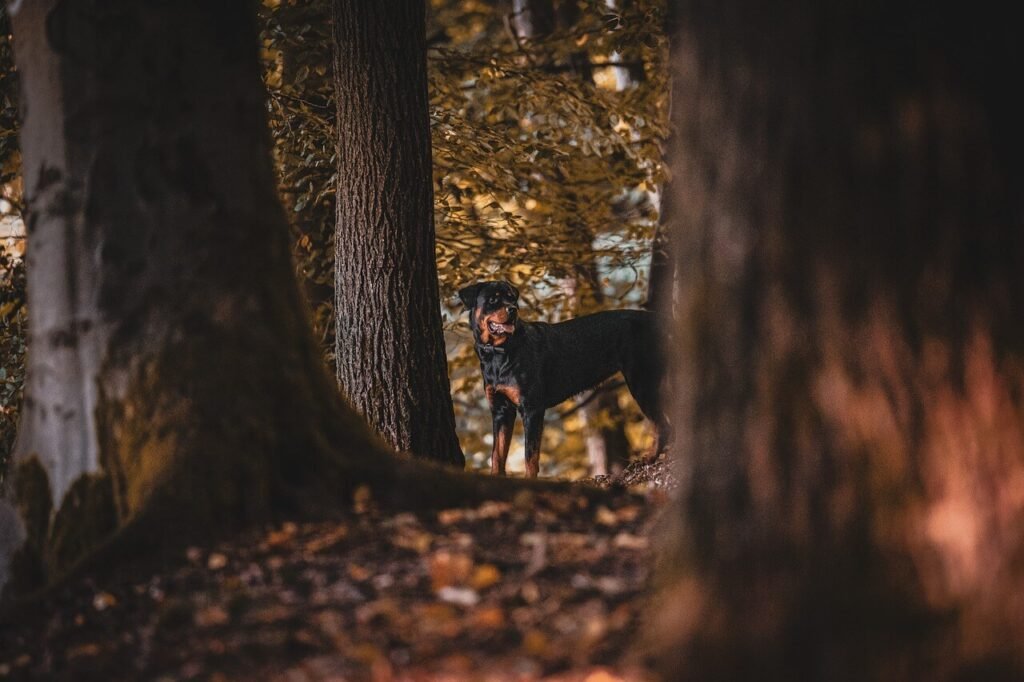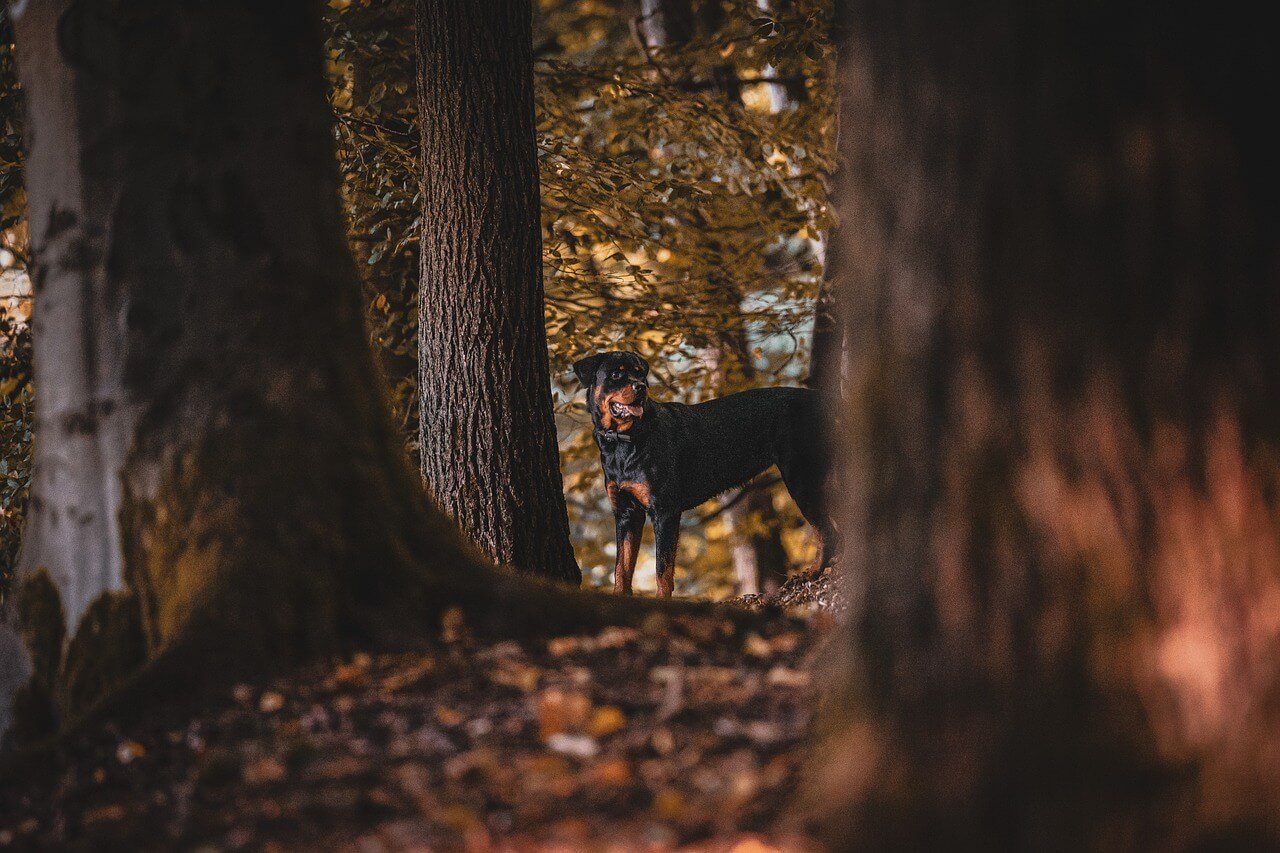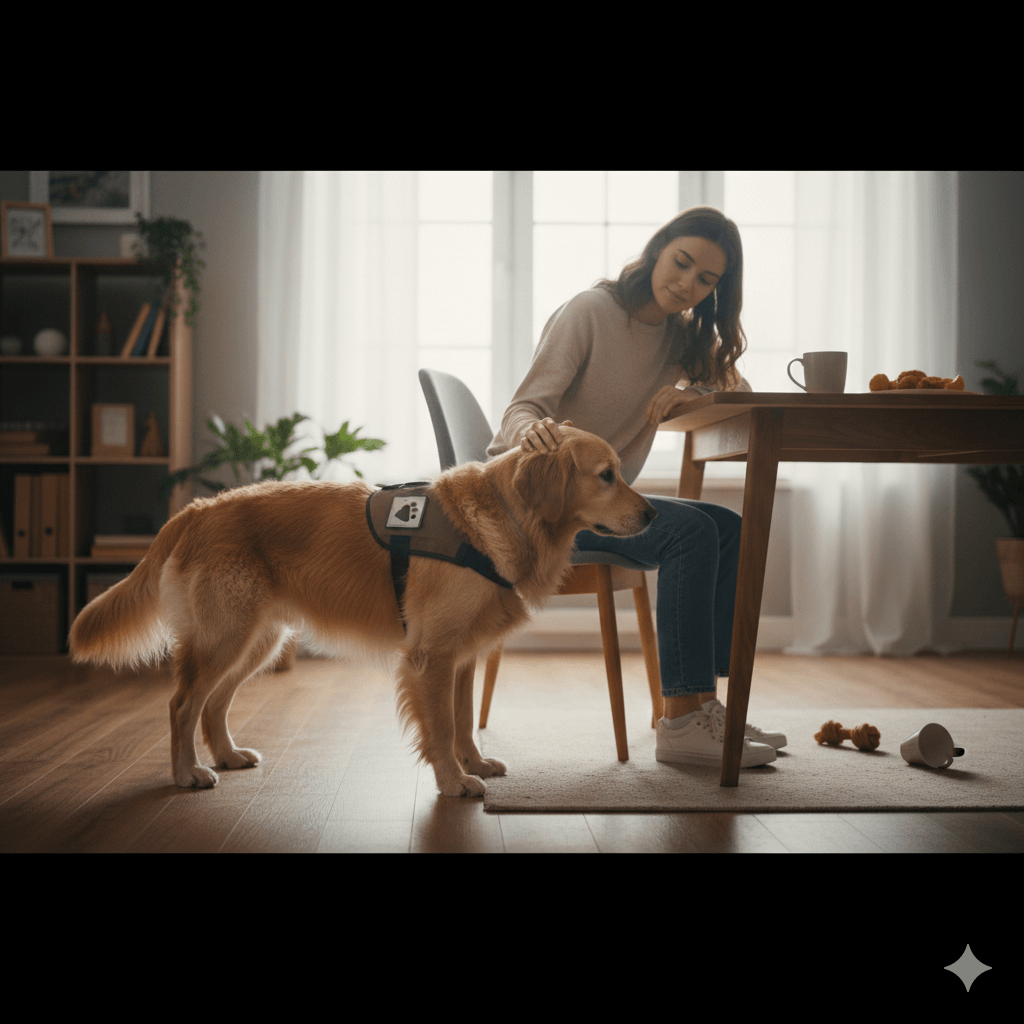Do You Have to Pay to Adopt a Dog? Everything You Need to Know
Adopting a dog is one of the most rewarding decisions you can make, but many people wonder about the costs involved. While adopting a dog from a shelter or rescue organization often comes with fees, these are typically far lower than purchasing a dog from a breeder. The question “Do you have to pay to adopt a dog?” is common among potential pet owners, and the answer is both straightforward and nuanced. Adoption fees cover essential services that ensure your new furry friend is healthy and ready to join your family.
In this blog post, we’ll explore why adoption fees exist, what they include, and how they benefit both you and the dog. By the end, you’ll have a clear understanding of the process and feel confident about taking the next step toward bringing home your new best friend.
Why Do Shelters Charge Adoption Fees?
While it may seem surprising at first, adoption fees are not just arbitrary costs—they serve an important purpose. These fees help shelters provide vital care for animals and keep their operations running smoothly. Here’s what adoption fees typically cover:
Medical Care and Vaccinations
Most shelters vaccinate dogs against common illnesses like parvovirus, distemper, and rabies before adoption.Spaying or Neutering
Many shelters include the cost of sterilization in the adoption fee to prevent overpopulation and promote responsible pet ownership.Microchipping
A microchip ensures your dog can be identified if they ever get lost, providing peace of mind for both you and the shelter.Food and Shelter Costs
Daily care, including food, water, and safe housing, is essential for maintaining the health and well-being of shelter animals.Behavioral Assessments and Training
Some shelters conduct behavioral evaluations or basic training to prepare dogs for life in a new home.
These services are critical to ensuring that adopted dogs are healthy, happy, and ready to thrive in their forever homes. Adoption fees are a small price to pay for the lifelong joy and companionship a dog brings.
What to Expect When Paying an Adoption Fee
When you decide to adopt a dog, it’s helpful to know what to expect regarding the adoption fee and the associated process. Understanding these details will prepare you for a smooth and stress-free experience.
Average Cost of Adoption Fees
Adoption fees typically range from $50 to $300, depending on the shelter, location, and age of the dog.Senior Dogs May Cost Less
Older dogs often come with lower adoption fees as shelters aim to encourage their adoption.Puppies May Cost More
Puppies tend to have higher fees due to additional medical care, such as deworming and multiple rounds of vaccinations.Additional Costs to Consider
Beyond the adoption fee, you’ll need supplies like a bed, leash, collar, toys, and food, which can add up quickly.Potential Discounts or Promotions
Some shelters offer discounts during special events or for adopting bonded pairs or harder-to-place dogs.
Understanding these factors will help you budget effectively and avoid surprises when adopting a dog. Remember, the adoption fee is just the beginning of your commitment to your new companion.
Check this guide 👉Key Questions to Ask When Adopting a Dog: Best 7 Tips!
Check this guide 👉Red Flags When Adopting a Dog: Best 7 Expert Tips!

Benefits of Paying an Adoption Fee | Common Misconceptions About Adoption Fees |
|---|---|
Supports the shelter’s ongoing operations | “Adoption fees are too expensive compared to free pets.” |
Ensures the dog is healthy and vaccinated | “Shelters should give dogs away for free.” |
Reduces the risk of adopting a sick dog | “Adoption fees only cover administrative costs.” |
Helps combat pet overpopulation | “Free dogs are just as good as shelter dogs.” |
Encourages responsible pet ownership | “The fee doesn’t justify the dog’s value.” |
Tips for Making the Most of Your Adoption Experience
Adopting a dog is a big decision, and there are ways to ensure the process goes smoothly. Follow these tips to make the most of your adoption journey:
Research Local Shelters and Rescues
Visit nearby shelters or rescues to learn about available dogs and their policies.Ask Questions About the Dog’s History
Inquire about the dog’s background, temperament, and any known health issues to ensure a good match.Be Honest About Your Lifestyle
Share details about your living situation, activity level, and family members to help the shelter recommend suitable dogs.Prepare Your Home Before Bringing Them Home
Set up essentials like a crate, bed, food bowls, and toys to create a welcoming environment.Stay Patient During the Adjustment Period
Give your new dog time to settle in and bond with you, as transitions can be stressful for them.
By following these tips, you’ll set yourself and your new dog up for success. A thoughtful approach ensures a smoother transition and a stronger bond over time.
Alternatives to Traditional Adoption Fees
If the idea of paying an adoption fee feels overwhelming, there are alternative options to consider. These approaches still prioritize ethical and responsible pet ownership while accommodating different budgets.
Foster-to-Adopt Programs
Some shelters allow you to foster a dog temporarily, covering initial costs until you decide to adopt permanently.Senior-for-Senior Programs
Certain organizations waive or reduce fees for senior citizens adopting older dogs, promoting companionship for both parties.Special Adoption Events
Many shelters host events where adoption fees are reduced or waived entirely to find homes for specific dogs.Negotiate Fees for Hard-to-Place Dogs
If a dog has been in the shelter for a long time, you may be able to discuss a lower fee or payment plan.Volunteer at the Shelter
Volunteering can sometimes lead to discounted or waived fees as a thank-you for your service.
Exploring these alternatives can make adopting a dog more accessible without compromising on ethics or quality care.
Signs You’re Ready to Adopt a Dog
Bringing a dog into your life is a big responsibility, and it’s important to ensure you’re fully prepared. Here are some signs that indicate you’re ready to take this step:
You Have a Stable Routine
Dogs thrive on consistency, so having a predictable daily schedule helps them feel secure.Your Home Is Pet-Friendly
Whether you live in a house or an apartment, your space should be safe and accommodating for a dog.You’ve Budgeted for Long-Term Costs
Beyond the adoption fee, consider expenses like food, vet care, grooming, and supplies.You’re Committed to Training and Socialization
A well-behaved dog requires time and effort to train and socialize properly.You’re Emotionally Prepared for the Commitment
Dogs can live 10–15 years or more, so be ready for a long-term relationship.
If these signs resonate with you, it’s likely you’re ready to adopt a dog. Remember, preparation is key to ensuring a happy and harmonious life together.
Ways to Support Shelters Without Adopting
Not everyone is in a position to adopt a dog, but there are still plenty of ways to support shelters and make a difference in animals’ lives.
Volunteer Your Time
Shelters often need help with walking dogs, cleaning kennels, or assisting at events.Donate Supplies or Money
Food, blankets, toys, and monetary donations go a long way in helping shelters care for animals.Foster a Dog Temporarily
Fostering frees up space in shelters and gives dogs a chance to experience home life before adoption.Spread Awareness on Social Media
Sharing posts about adoptable dogs can help them find loving homes faster.Advocate for Spaying and Neutering
Educate others about the importance of spaying and neutering to reduce pet overpopulation.
Supporting shelters in these ways ensures they can continue their vital work, even if adoption isn’t right for you at this time. Every little bit helps!
How to Prepare Your Family for a New Dog
Adopting a dog affects everyone in your household, so it’s essential to prepare your family for the new addition. Here’s how to get everyone on board:
Hold a Family Meeting
Discuss responsibilities, such as feeding, walking, and cleaning up after the dog, to ensure everyone is involved.Teach Kids How to Interact Safely
Show children how to approach and handle the dog gently to prevent accidents or stress for the pet.Set Boundaries Early
Decide which areas of the house are off-limits and establish rules for interacting with the dog.Assign Specific Tasks to Each Family Member
Dividing chores like feeding, grooming, and playtime ensures no one feels overwhelmed.Be Patient During the Adjustment Period
It may take time for both the dog and your family to adapt to each other, so encourage patience and understanding.
Preparing your family creates a welcoming environment for your new dog and sets the stage for a strong, loving bond. With teamwork and communication, everyone can enjoy the rewards of adopting a furry friend.
FAQ
Are all dogs in shelters purebred?
No, most shelter dogs are mixed breeds, but some purebreds do end up in shelters.
Can I negotiate adoption fees?
Some shelters may offer flexibility, especially for hard-to-place dogs or during special promotions.
What happens if I can’t afford the adoption fee?
Many shelters offer programs like foster-to-adopt or sliding-scale fees based on financial need.
Do puppies always cost more to adopt?
Yes, puppies often have higher fees due to additional medical care and high demand.
Is it cheaper to adopt a dog than buy one?
Yes, adoption fees are generally much lower than buying from a breeder and include valuable services like vaccinations and spaying/neutering.
The True Value of Adopting a Dog
Adopting a dog is a meaningful investment—not just financially, but emotionally and socially as well. While the adoption fee covers essential services that benefit both the dog and the shelter, the real reward lies in the unconditional love and companionship you’ll receive in return. By choosing adoption, you’re giving a deserving animal a second chance at happiness while supporting organizations dedicated to saving lives. Whether you’re looking for a playful puppy, a loyal adult dog, or a wise senior companion, the right dog is waiting for you at a shelter or rescue near you. So take the leap, open your heart, and discover the joy of adopting a dog today!
Understanding Bone Supplement for Cats: Best 7 Expert Tips! – Safe, vet-approved guidance for strong feline bones & balanced nutrition.
Bone Supplement for Dogs: Best 7 Expert Tips! – Expert guide to calcium, collagen & bone health for every life stage.
Understanding Can Cats Get Sunburn: Best 7 Expert Tips! – Protect your feline from UV damage with vet-backed prevention strategies.
How to Train a Seizure Alert Dog: Best 7 Expert Tips! – Learn expert-backed steps to nurture natural instincts into reliable, life-saving seizure alerts.





